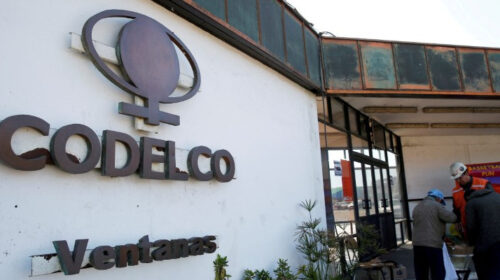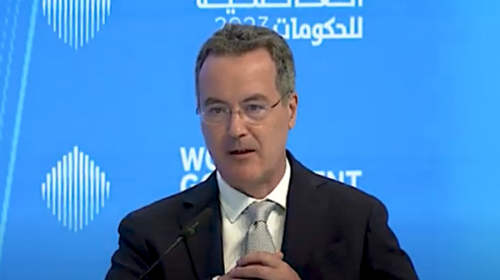RAW BASE MINERAL ORE EXPORTS BANNED IN ZIMBABWE
Exports of all unprocessed ores and minerals have been banned with immediate effect in Zimbabwe, unless special exemptions are obtained. The Base Minerals Export Control (Unbeneficiated Base Mineral Ores) Order, 2023, which was gazetted in Statutory Instrument 5 of 2023, prohibits the export of any mined or quarried materials until they have reached a certain level of processing. The order was issued by Mines and Mining Development Minister Winston Chitando using powers granted to him under the Base Minerals Export Control Act. The order defines “ore” as any form of mineral or mineral aggregate that has economic value.
Under the order and the Mines and Minerals Act, minerals are defined as anything of value that can be mined or quarried, while base minerals are all minerals except for precious metals (gold, silver, and the platinum group), diamonds and other precious stones, and mineral oils and gases. These exceptions are already regulated by their own legislation, and exports of these materials are either tightly controlled by state monopolies or must be processed to a certain level before being exported. For example, only the Reserve Bank of Zimbabwe can buy or export gold, and only the Minerals Marketing Corporation of Zimbabwe can buy and export diamonds. Platinum miners have their own rules that specify the minimum level of processing required before export. The only company actively seeking mineral oil and gas, Muzarabani Drilling, has a detailed agreement with the government.
Base minerals, which are the subject of the new order, include everything else not covered by other laws, such as coal and coke, as well as non-precious metals that are commonly considered base metals. Any other materials that can be mined or quarried and are declared base minerals are also included. The minister can allow the export of ore on two grounds: if it is necessary to send samples for assay and such assaying is not possible in Zimbabwe, or if the miner can “produce compelling reason to the minister showing that no such ore is capable of being beneficiated to an extent within Zimbabwe.” The regulations do not specify the degree of beneficiation required before exports are allowed, but the ministry’s policy has been to insist on the maximum level of processing that is viable at any given time. For example, chrome can be exported as ingots of ferrochrome (an alloy with iron), and platinum producers can export once they have produced concentrates. However, as the volume of platinum mined increases to a level where refining becomes viable, they will be expected to build a refinery.
A similar order that banned exports of lithium ore was made last year, but it has been lifted because lithium is a base metal and is therefore covered by the new ban. The Base Metals Export Control Act also closes any potential loopholes. “An order shall have effect notwithstanding anything inconsistent therewith in any other enactment or any trade or customs agreement to which the State is a party,” the act states. The act also specifies the penalties for exporting ores: a fine or twice the value of the base mineral ores being smuggled out of the country (whichever is greater), up to two years in jail, or both.
The purpose of the ban on ore exports is to encourage maximum processing within Zimbabwe, which adds value and creates processing jobs within the country. This also helps to build up the industrial investment and skills base. The policy has a long history dating back to colonial times. The only exceptions to the ban on ore exports have been when the amount of a particular mineral being exported is too small to make processing economically viable, such as in the past with asbestos.
138 total views , 1 views today





